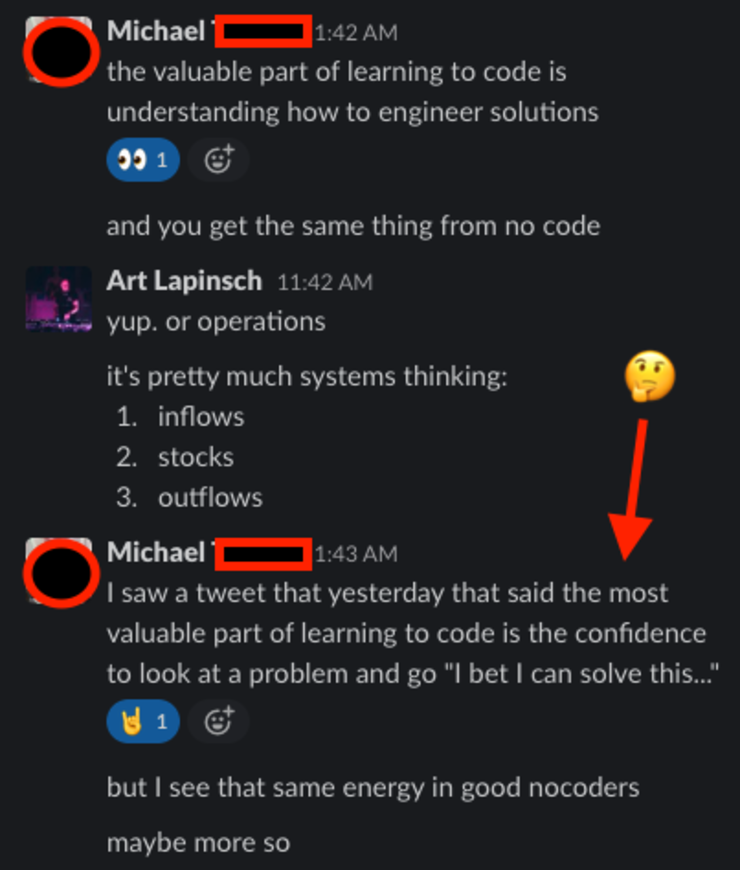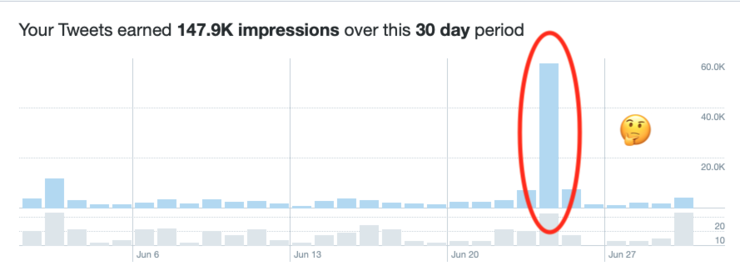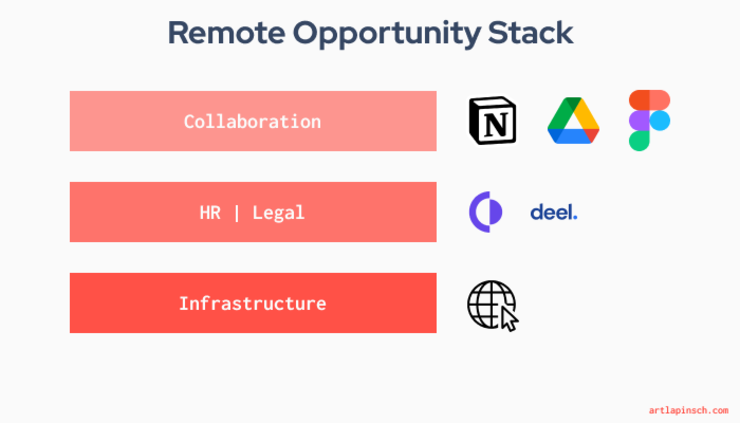Buying a Bootstrapped Business for $12,000,000,000.00 🙉 - Issue #26
Hey y'all 👋
In today's issue, I'll give you a peek at one of my guilty pleasures: strategy analysis
I'll dissect Intuit's acquisition of Mailchimp for $12bn as I would dissect a competitor's move in the market 🐒
The Basics: Who, How, Why?
- Who: Intuit acquires Mailchimp
- How: $12,000,000,000.00 in cash and stock
- Why: Dominance over software/tooling market for small-/medium-sized businesses
Corporate acquisitions happen every day but check this out: Mailchimp was completely bootstrapped (= revenue-funded) from Day 1.
This means there were no external investors involved.
Just the two founders.
At 12 billion dollars it is the largest ever acquisition of a bootstrapped company.
Why is that interesting?
- 🥾 Capital Efficiency: It shows that you can build large companies without the need for venture funding.
- 🎢 Accelerating Trend: Mailchimp has reached a large scale as a bootstrapped company (= bundle of individuals). The next logical step are large-scale solo businesses.
Anyway, hats off to the founders and the team who were grinding for 20 years to turn Mailchimp into an overnight success.
...
One of the cool things about acquisitions is that they are accompanied by press releases.
A press release for an acquisition is usually the brainchild of the senior-most executives of both companies.
You get a totally filtered yet directionally correct insight into the thinking & strategy of the involved companies.
Below is the Intuit/Mailchimp press release, which I'll use for the analysis 👇

Intuit to Acquire Mailchimp | Business Wire
Intuit (Nasdaq: INTU), the global technology platform that makes TurboTax, QuickBooks, Mint, and Credit Karma, today announced that it has agreed to acquire Mailchimp.
<><><><><><><><><><><><><><><><><><><><><><><>
💈 Macro: Serving Small- & Medium-Sized Businesses
Great companies don't get sold. They get acquired.
This quote describes the reality of M&A transactions.
Both sides of the table ask these questions:
- Founders/startups: Who can we sell to?
- Executives/corporates: Who can we buy?
At the end of the day, it's as simple as asking: what's the benefit of the transaction?
In the case of Intuit and Mailchimp, it starts with the audience: Owners of small- and medium-sized businesses (SMBs).
In the US there are roughly 30 million SMBs.
🔨 The Product Rationale: Grow & Run
Mailchimp facilitates customer acquisition, engagement, and retention through:
- 📣 Marketing: Newsletters & landing pages
- 💳 Websites & eCommerce: Checkout experience
- ⌗ Transactional email: Automated messaging for transactions
Intuit covers the money-related bases for SMBs through these products:
- 🧮 QuickBooks: Accounting software
- 💸 TurboTax: Tax filing software
...
The perfect funnel.
end-to-end customer growth platformgrowrun
Grow:Mailchimp attracts the money.Run:Intuit manages the money.
...
What's the expected outcome?
- Intuit has 7 million SMB customers and Mailchimp has around 400 thousand SMB customers in the US =
upselling potential (+)
<><><><><><><><><><><><><><><><><><><><><><><>
💰 The Financing Rationale: How to Pay for the Deal
Intuit paid 12,000,000,000.00 for a company that did not take any external investment.
Yet, on the plus side of things you have:
- 💵 Revenue: 2020 revenue of ~800,000,000.00
- Margins: Mailchimp's founder/CEO shared that Mailchimp has margins north of 50%!!!
- 🚀 Growth: 20% revenue growth compared to 2019
- 🗃 Customers: 800.000 paying customers (~50% in the US)
This looks like a pretty solid business to me.
...
Intuit will have many options to capture and expand the value it can generate from Mailchimp:
- Cross-/Up-selling of Products =
Revenue (+) - Reduce OpEx =
Cost (-) --> Profit Margin (+)
<><><><><><><><><><><><><><><><><><><><><><><>
🧩 The Strategy Rationale: Add the Next Piece to the Puzzle
Combination Accelerates Intuit’s Vision to Provide an End-to-End Customer Growth Platform for Small and Mid-Market Businesses
This is the first sentence from the press release.
A couple of thoughts:
- If you're not a platform yet, what are you even doing? /s
- Intuit is playing the long game for dominance in the SMB tooling market
A couple of weeks ago I wrote on a different newsletter about the importance of storytelling as a management tool.
In short: Consistent stories evolve into a narrative. Clear narratives make it easier to align all stakeholders in the same direction. This leads to operational efficiencies.
...
Intuit talks over and over about becoming the main tool for SMBs:
- Vision to Provide an End-to-End Customer Growth Platform for Small and Mid-Market Businesses
- ...to become the center of small business growth, and to disrupt the small business mid-market.
- We’re focused on powering prosperity around the world for consumers and small businesses.
- ...
There are 21 mentions of SMBs in the press release.
I counted.
...
What's the expected outcome?
- ☺️ Instill investor confidence: Show the market that Intuit is on track to dominate the category -->
share price (+). - 📢 Simplify marketing: Align messaging to the SMB audience and increase acquisition efficacy -->
Customer Acquisition Costs (-).
😬 Micro: Mailchimp Founders & Employees
$12,000,000,000.00 can buy you a lot of hot dogs 🌭
Especially if it is a payday for only two individuals: Ben Chestnut & Dan Kurzius.
The two founders held all the equity.
Their employees did not have shares in the company.
...
Now come out with your torches and pitchforks 🔥🍴and say "but why didn't the founders share equity in their business? who would want to work for such a business?"
...
The founders had another idea: Profit-Sharing
All their employees benefited from the annual profit upside of the business. Throughout the entire duration of the business.
...
How I see it: the founders implemented a progressive profit-sharing incentive (= guaranteed money now) over a standard equity incentive (= possible money later).

Mailchimp Invests in Employees Through Profit Sharing | Mailchimp
Mailchimp has never really advertised the financial benefits we offer, but sometimes, it’s hard not to wanna talk about it.
Long story short: The Mailchimp acquisition is an extreme outlier on so many fronts.
This is my initial brain dump.
Do you have feedback/input/etc?
...
Next week I'll be back w/ solo builder stuff 👷♂️
Stay healthy, stay happy 🙌
Art





